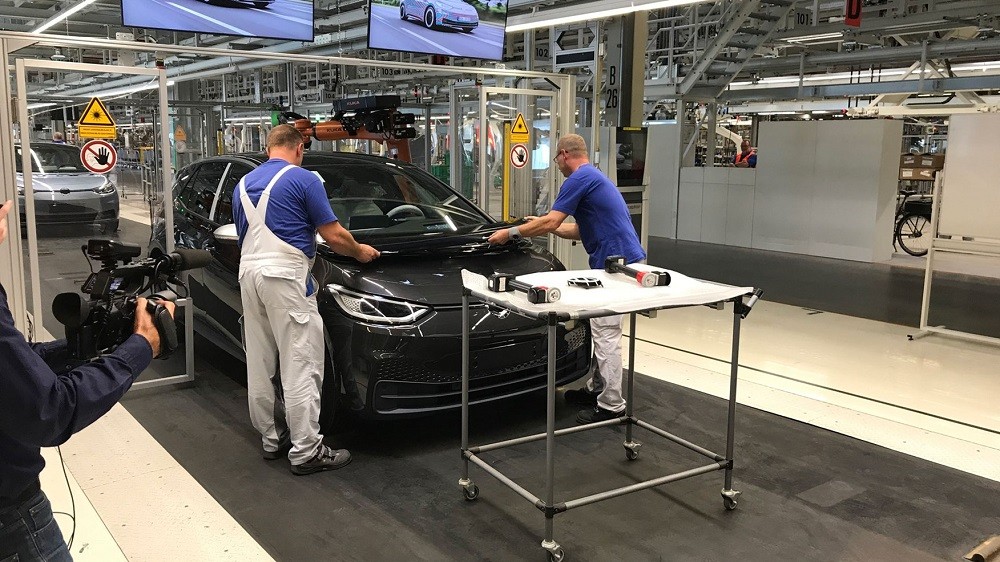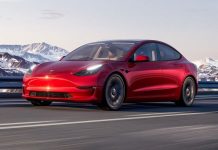For battery-powered cars priced up to 40,000 euros will be raised by half to as much as 6,000 euros ($6,680) per vehicle and the auto industry will continue to cover half the cost.
The subsidy means that a midrange version of Volkswagen’s new ID3 battery-powered hatchback will cost around 24,000 euros to 25,000 euros in Germany, analysts Evercore ISI said in a note to investors.
According to the KBA federal motor transport authority, Germany is closing in on Norway for European leadership with sales of almost 53,000 full-electric cars this year.
Merkel’s chief spokesman in an interview said, “it will be possible to provide support for another 650,000 to 700,000 electric vehicles.”
According to the sources, the measures were agreed on Monday evening in Berlin between Merkel and officials from automakers, parts suppliers and labour unions, including the chief executives of Volkswagen AG, BMW AG and Daimler AG.
The accord came a day after Merkel visited a revamped VW electric-car plant in Zwickau, eastern Germany.
The chancellor has to come under fire for failing to make more progress in order to check greenhouse-gas emissions, while Volkswagen which the world’s biggest carmaker has already invested billions in order to shift from conventional fuel engines to Electric Vehicles.

According to the Merkel’s Climate Protection Program 2030, proposed and unveiled on September, targets as many as 10 million electric cars on German roads by that year, a goal that most automotive experts say is unrealistic even with generous subsidies.
As of the start of the year, there were about 4,20,000 electric and hybrid-electric vehicles in a national fleet of 47 million, according to the University of Duisburg-Essen’s Centre for Automotive Research.
Merkel said in her latest podcast revealed that the government’s focus is on promoting electric vehicles, but that it’s also open to hydrogen technology or fuel cell technology which can fully cater the present day needs as well.
For this nearly about 1 million charging stations to be in place by 2030, she added.




